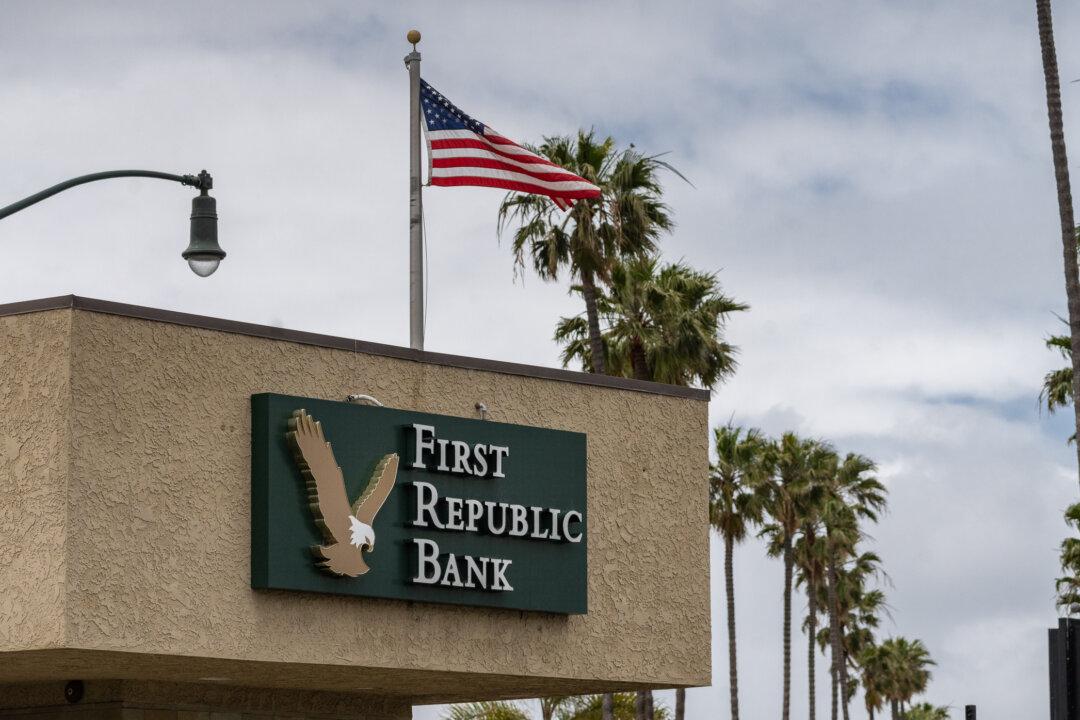A day after U.S. financial regulators ordered First Republic Bank closed and JPMorgan Chase agreed to take it over in a rescue move, other regional bank stocks have plunged.
In early trading on Tuesday, regional bank stock indexes fell sharply amid persistent jitters following Monday’s regulatory decision to seize First Republic and then facilitate its sale to JPMorgan, marking the second-biggest bank failure in U.S. history.





